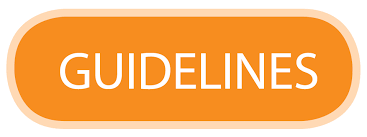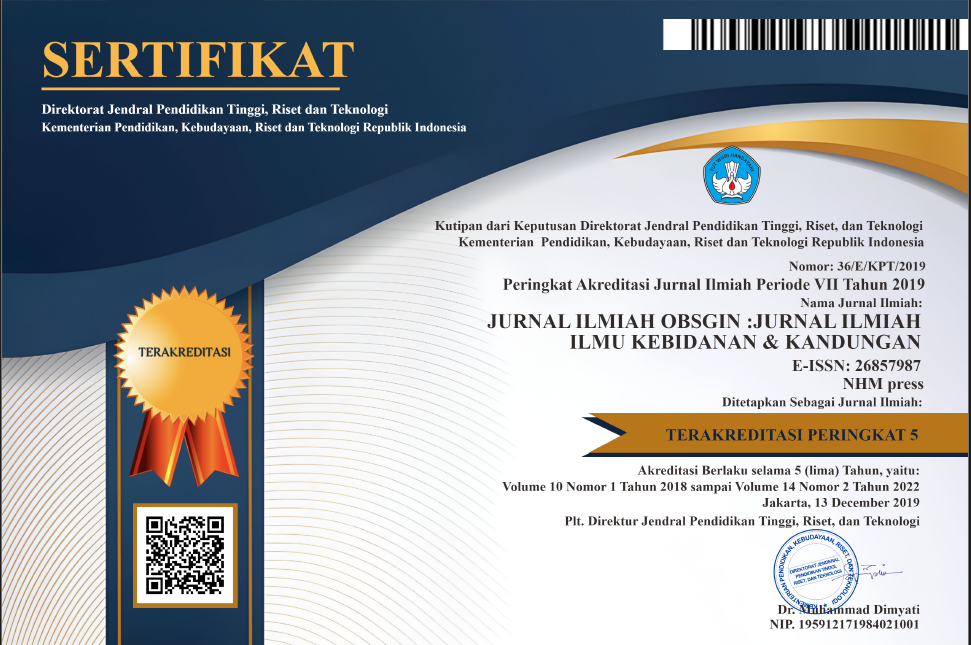MANAJEMEN PENGELOLAAN OBAT DI DINAS KESEHATAN KABUPATEN BUTON UTARA
Abstract
Inefficient drug management causes the level of drug availability to decrease, drug vacancies occur, the number of drugs accumulates as a result of inappropriate drug planning. The purpose of this study was to determine the management of drug management. This research is a type of descriptive research and the data obtained are qualitative data. The informants in this study were 4 informants. The data is processed using triangulation technique and analyzed by Content Analysis. The results of this study show that drug planning at the Health Office of North Buton Regency is based on the Usage Report and Drug Request Sheet (LPLPO) reports that are in accordance with disease patterns and the number of local residents, and must be based on DOEN and Fornas which are carried out every month. Drug procurement at the Health Office of North Buton Regency is carried out using the procurement method through e-purchasing or manually (offline) every 1 year. Procurement is carried out in accordance with the contract agreement with the Distribuor appointed by the Health Office of North Buton Regency. The drug storage used is using the FIFO and FEFO principles, the dosage forms are arranged alphabetically and damaged and expired drugs are separated from suitable drugs. The distribution is carried out in accordance with the plan for drug needs at the Puskesmas. which is divided into 2 types, namely routine distribution and special distribution. However, the problem is related to the distribution of drugs that are still not according to the request of the Puskesmas and there are drugs that are approaching their expiration date. Drug elimination is carried out every 1 year by collecting damaged and expired drugs from the Puskesmas through the Puskesmas report. In carrying out the elimination of drugs, an official report is needed which is signed by the head of the North Buton District Health Office as evidence of the abolition activities by presenting witnesses.
References
Akbar, M. I. (2020). Analysis Of The Needs Of General Practitioners In Public Health Centers Using Health Workload Method. Public Health of Indonesia, 6(2), 63–69.
Angela, V., Nurmainah, N., & Purwanti, N. U. (2019). Evaluasi Penyimpanan dan Distribusi Obat Narkotika dan Psikotropika di Rumah Sakit Jiwa Sungai Bangkong Pontianak. In Jurnal Mahasiswa Farmasi Fakultas Kedokteran UNTAN (Vol. 6, Issue 1).
Astriani, & Misnaniarti. (2018). Analisis Pengelolaan Obat di Instalasi Farmasi Dinas Kesehatan Kabupaten Lahat Tahun 2018. Sriwijaya University.
Carinah, N. (2022). Efektivitas Pendistribusian Obat Oleh Uptd Farmasi Dinas Kesehatan Kabupaten Subang. Universitas Subang.
Clark, M. (2012). Management Sciences for Health. MDS-3: Managing Access to Medicines and Health Technologies, Arlington, VA: Management Science for Health Drug Supply. Kumarian Press.
Dewi, V. C., & Yuswantina, R. (2022). Evaluasi Penyimpanan Obat di Gudang Farmasi Puskesmas Mangunsari Kota Salatiga. Journal of Holistics and Health Sciences (JHHS), 4(1), 138–145.
Emilia, E., Sudirman, S., & Yusuf, H. (2018). Manajemen Pengelolaan Obat di Puskesmas Lambunu 2 Kabupaten Parigi Moutong. Jurnal Kolaboratif Sains, 1(1).
Fatma, F., Rusli, R., & Wahyuni, D. F. (2020). Perencanaan Dan Pengadaan Obat di Puskesmas Lau Kabupaten Maros. Jurnal Farmasi UIN Alauddin Makassar, 8(2), 9–14.
Mailoor, R. J., Maramis, F. R. R., & Mandagi, C. K. F. (2017). Analisis Pengelolaan Obat di Puskesmas Danowudu Kota Bitung. KESMAS, 6(3).
Muthmainna, R. Q. A. (2020). Faktor Yang Mempengaruhi Pengelolaan Obat di Fasilitas Kesehatan Indonesia: Literatur Review. Skripsi, Universitas Muhammadiyah Magelang.
Nesi, G., & Kristin, E. (2018). Evaluasi Perencanaan Dan Pengadaan Obat di Instalasi Farmasi RSUD Kefamenanu Kabupaten Timor Tengah Utara. Jurnal Kebijakan Kesehatan Indonesia: JKKI, 7(4), 147–153.
Rizal, M. (2018). Faktor-Faktor Penyebab Obat Kadaluwarsa (Expired Date) dan Nilai Kerugian Obat (Stock Value Expired) yang ditimbulkan di Instalasi Farmasi RSUD Dr. RM Djoelham Binjai Tahun 2018.
Saputera, M. M. A., Husna, A., & Sarbini, A. (2019). Evaluasi Sistem Penyimpanan Obat di UPT Intalasi Farmasi Kabupaten Banjar. Jurnal Insan Farmasi Indonesia, 2(1), 54–63.
Tobing, A. M. T. L., Simanjorang, A., & Samsul, D. (2022). Evaluasi pelaksanaan standar pelayanan kefarmasian Puskesmas sesuai Permenkes RI nomor 74 tahun 2016. Jurnal Kesmas Prima Indonesia, 6(1), 38–47.
Triana, M., Suryawati, C., & Sriyatmi, A. (2014). Evaluasi Perencanaan Obat Pelayanan Kesehatan Dasar (PKD) di Gudang Farmasi Kabupaten Gunung Mas Provinsi Kalimantan Tengah. Jurnal Manajemen Kesehatan Indonesia, 2(1), 44–51.
Tumangger, H. B., Pramudho, K., & Adyas, A. (2021). Pengelolaan Obat di Dinas Kesehatan Kabupaten Lampung Timur Provinsi Lampung. Poltekita: Jurnal Ilmu Kesehatan, 15(3), 314–326.
Wahyuni, A., Raihana, R., & Amalia, A. (2022). Kesesuaian Penyimpanan Perbekalan Farmasi di Gudang Instalasi Farmasi Rumah Sakit Islam Banjarmasin. Jurnal Insan Farmasi Indonesia, 5(1), 16–24.
Yunita, F., Imran, I., & Mudatsir, M. (2016). Manajemen Pengelolaan Obat-Obatan di Instalasi Farmasi Rumah Sakit Banda Aceh dalam Menghadapi Bencana Gempa Bumi. Jurnal Kedokteran Syiah Kuala, 16(2), 81–87.











